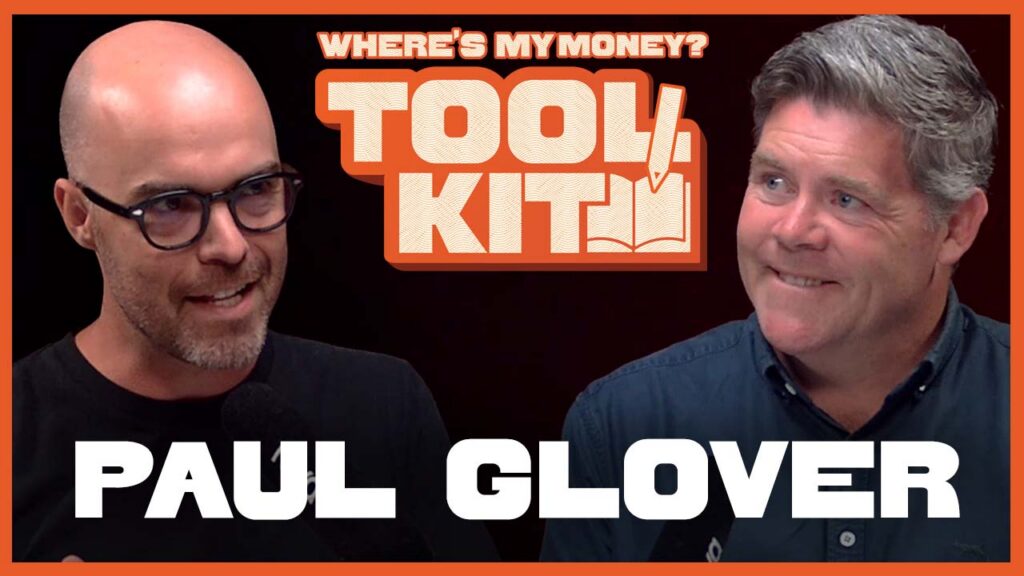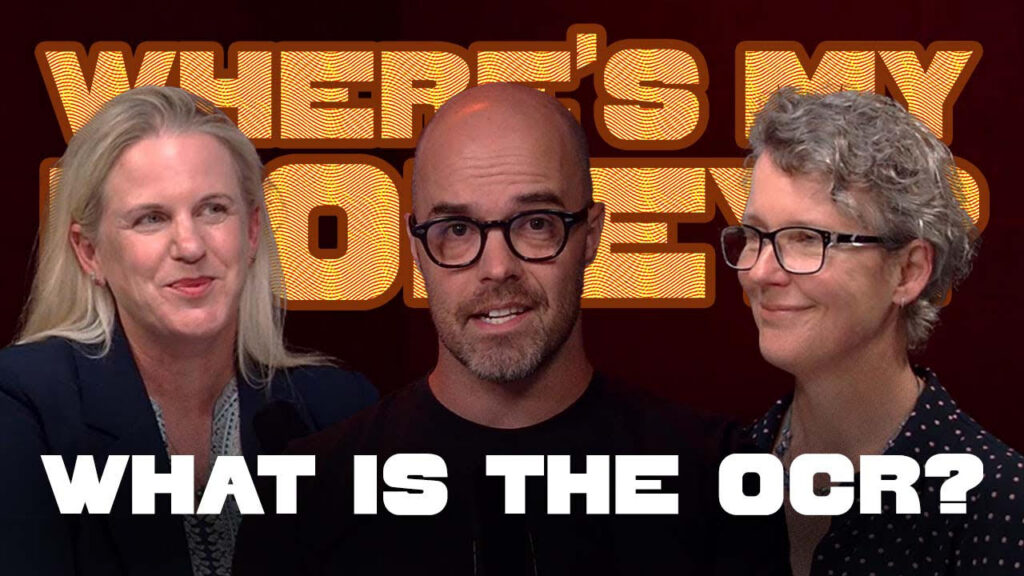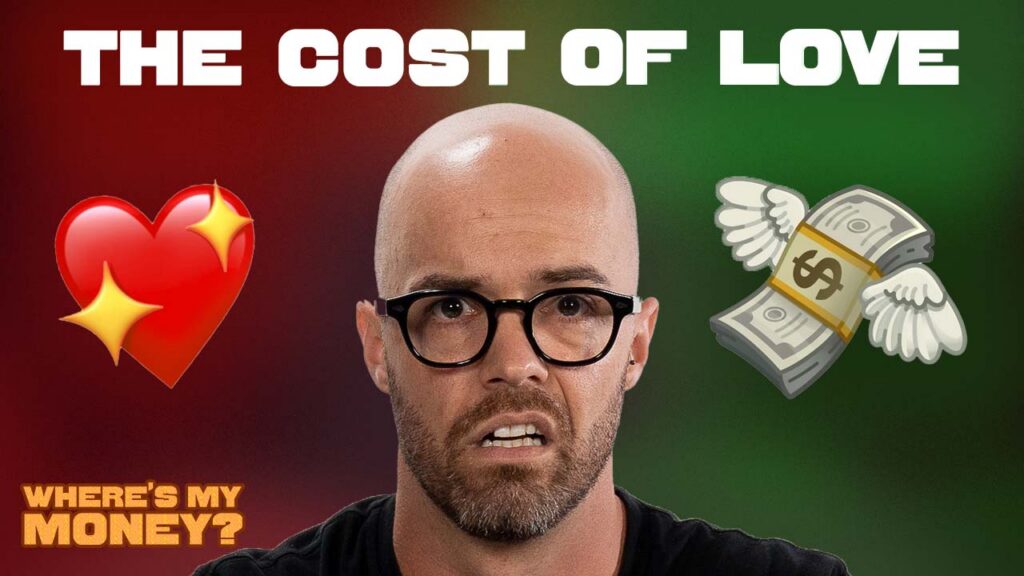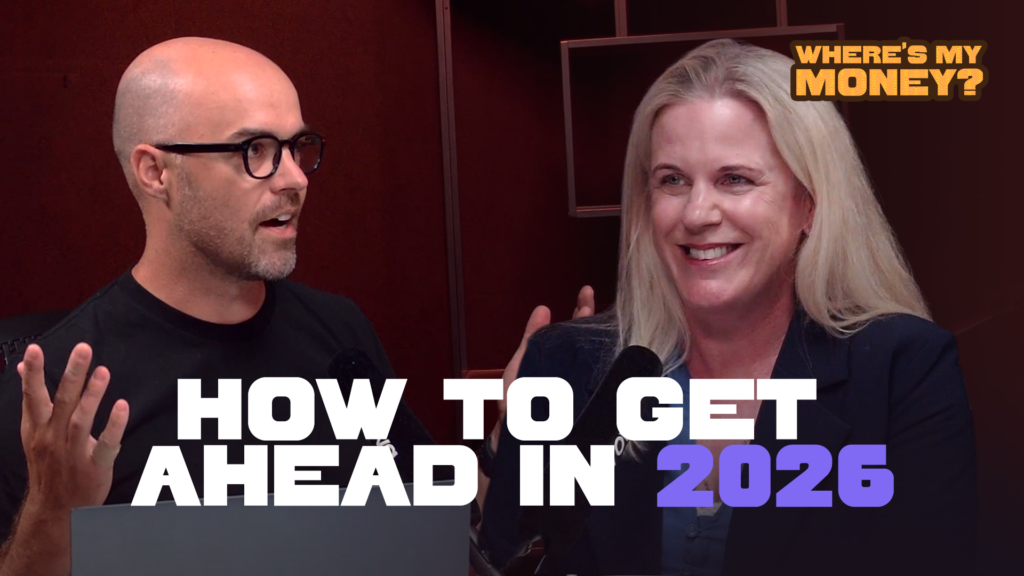It’s often touted that paying rent is the same as paying someone else’s mortgage (ie: the landlords), and you would be better off owning the property and pay your own mortgage instead. Like most financial ideas there is some truth in this, but taken in its simplest interpretation is down-right misleading. Poor property yields, high capital gain and tax advantages are a few good reasons why being a tenant can pay. I am not saying that you shouldn’t own a property. Quite the opposite. For the most part, owning a property (provided it is a good one) makes financial sense. The latest round of government valuations is testament to this as very few of us could have saved the capital gain that our properties have earned.
Recognising this, why shouldn’t one own their own home? The answer is not that you shouldn’t own your own home, but importantly recognise that there are cheaper ways for you to live in a property than being the owner of the property. Let me elaborate. The higher a property’s value, the lower the rental yield tends to be. The rental yield of a property is the annual rent divided by the property value. What a property can rent for and what it can sell for are two very different things. Let me illustrate. You can rent a 3 bedroom house in Ellerslie for $750pw. This same property is valued at $850,000. A 3 bedroom property in Mission Bay is worth $1.2 million and it rents for $900 per week. So yes the rent is higher on the Mission Bay property, but the rent has only increased $150 per week, or by 20%, yet the property value is 41% higher. In this example, the rent has not kept pace with the increase in property value. The Mission Bay landlord is prepared to pay an extra $21,000 p.a in interest costs by buying the more expensive property, and for this extra cost he is going to receive additional income of $7,800. The income is slightly higher by comparison, but the increase in rent does not come close to covering the higher interest costs the Mission Bay landlord will face in acquiring a property and mortgage $350,000 higher than his Ellerslie counterpart. (As a side note there can still be legitimate reasons why someone might buy an investment property in Mission Bay or a similar suburb, where the rents don’t keep pace with the property values, which I don’t address in this article). In this example, the gain sits squarely with the tenant.
Secondly, because properties have increased in value, for most first home buyers this means that larger deposits are needed along with more money being borrowed from the bank, which also translates to more interest being paid back to the lender. As the tenant living in the Mission Bay property, you are paying $150 per week more, but your landlord is having to pay a $400 per week more to the bank in interest alone. The saying that your rent is paying off the landlord’s mortgage doesn’t come close to being true in this example. Your rent payment is simply a gesture to the higher interest your landlord is paying to the bank, he is not even chipping away at this mortgage with the rent you are paying. Sure, if you could own your home and your mortgage payments were less than the rent you might have to pay if you were a tenant of the same property, then it may make financial sense to own a property, live in it and pay the mortgage. This type of property is called a cash flow property. Where the potential rental income outweighs the mortgage costs of the property. Some city apartments, or properties in lower socio economic areas, may be an example of this type of investment. Cash flow properties don’t tend to experience high capital gains. For the most part, it is the capital gains that create the wealth for property investors, so without the capital gain prospect one might need to question whether purchasing this type of property is a sensible idea in the first place (again, there can be exceptions to this).
The benefits of being a tenant extends beyond the rent paid. A tenant doesn’t need to waste their weekend and wallet on repairs and maintenance, this is a phone call to a landlord who takes care of it. There are no council rates to pay, insurance costs to incur or the threat of higher interest rates to effect you. These extra costs alone can easily amount to $10,000 per annum. This is a cost the tenant doesn’t need to worry their little head about. Sure, these costs are tax deductible to the land lord, but that simply means that they will get a portion of the cost back in tax, or save 30% of this cost. So in this example, the net cost to the landlord would be $7,000 p.a. The tax benefits make the cost lower, but there is still a cost. As the tenant you end up paying less than the mortgage as well as avoiding the other property holding costs. This is a win win for the tenant.
While this article advocates renting over home ownership, this is only part of the 2 stepped alternative. As I noted initially, I am not against owning a property, but I am against paying through the nose for property that you could rent for less. I have many clients who can’t afford to buy in the area they need to live in for their kids schooling. My suggestion to them is to rent in that area, taking advantage of the lower rent yields or that rent hasn’t increased nearly as fast as the property values. This recommendation in isolation might improve their cashflow in the sense that their annual rent cost is likely to be lower than their annual interest cost to own a property in the same area, but improved cashflow doesn’t necessarily translate to financial progress. For these clients I am still encouraging them to own an investment property but in a different area, with lower valued properties (and a corresponding lower purchase price and interest cost). Maybe even consider buying two. If they buy right, the rental income will go a long way to covering the mortgage. Yes there will be additional costs on top of that and it is still probable the property will require a cash top up by the landlord. But the top up even when added to the rent they are paying elsewhere would still be a lower overall outgoing than buying the property in the more expensive area and not having any further investment portfolio.
Renting your home might not satisfy your hankering for DIY home improvements or fulfil the dated Kiwi dream of owning your home, but it can still make good financial sense. Still own a property, but make sure it is in a better “investment” area where the yields are more favourable to allow you to improve your cashflow, neutralise the impact of skyrocketing property prices and still provide you with capital gain prospects, but at a lower cost. It’s about ending up where you need to be, but taking the smartest path to get there. For Kiwi’s renting a property is the road less travelled, but if done properly can be a more direct route to your financial goals. If you are brave enough to travel down this route, make sure you take advice to ensure you take financial advantage of the choices you are prepared to make.
If you’re interested to get some independent advice about purchasing a home – whether it’s to live in or to rent out – book a consultation with an enable.me coach. (A fee applies) They’ll assess your current financial situation, see what you’d be able to borrow, and help set the right criteria for a property to suit you.
Disclaimer: This blog post is for informational purposes only and does not constitute individual financial advice. If you’re interested in receiving personalised financial advice, you can book in a consultation with an enable.me coach. Costs apply.






